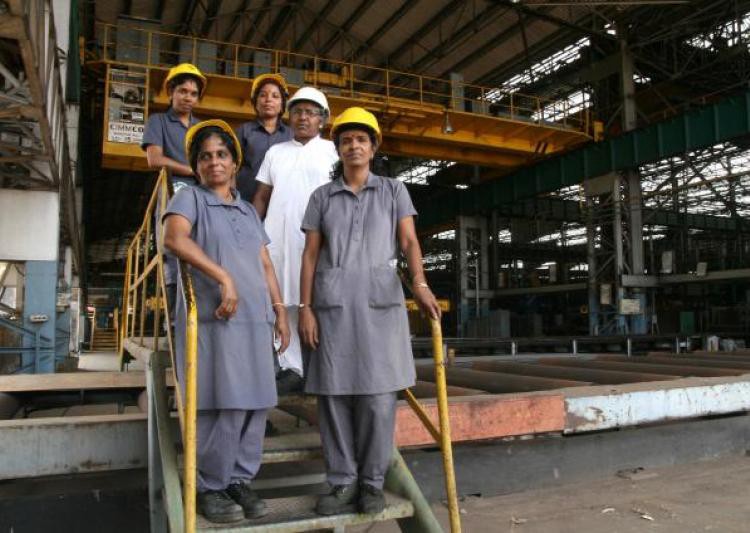You can’t manage what you don’t measure, or at least pay attention to.
The results of a survey on knowledge of gender equality among national policymakers, released at the United Nations General Assembly, showed a shaky grasp on key gender-equality facts. Only about one-quarter of the policymakers knew the maternal mortality rates in their own countries. One in eight believed that they knew how many girls got married before the age of 18. When asked to estimate the percentage of women in parliament, for example, answers from Kenyan policymakers ranged from 6 to 90% (correct answer: 21%). In India, policymakers estimates of women in the workforce varied from 20% to 70% of the labor force (it’s 27%).
Because strengthening the rights of girls and women is critical in the pursuit of meeting global SDGs, the survey sought to find out what policymakers knew about the goals. The survey, conducted by Equal Measures 2030 — a partnership of nine organizations, including the Bill & Melinda Gates Foundation, FEMNET, and Women Deliver — asked 109 policymakers in Colombia, India, Indonesia, Kenya, and Senegal, about gender equality in their countries. (Roughly half of the interviewees were women and half were men.) Awareness of the Sustainable Development Goals was high, indicating that messaging about the goals is reaching a wide range of audiences.
Not surprisingly, women and men hold different views when it comes to progress on gender equality over the last five years. More than twice as many women as men said gender equity had stalled or gotten worse. Overall, the study suggests that the “invisibility” of millions of girls and women is exacerbated by incomplete, missing, or underutilized data. “Even the best-intentioned decision-makers can’t make the best decision if they’re operating in the dark,” said Katja Iversen, CEO of Women Deliver. “Without serious investment in girls and women we will not achieve the Global Goals.”











